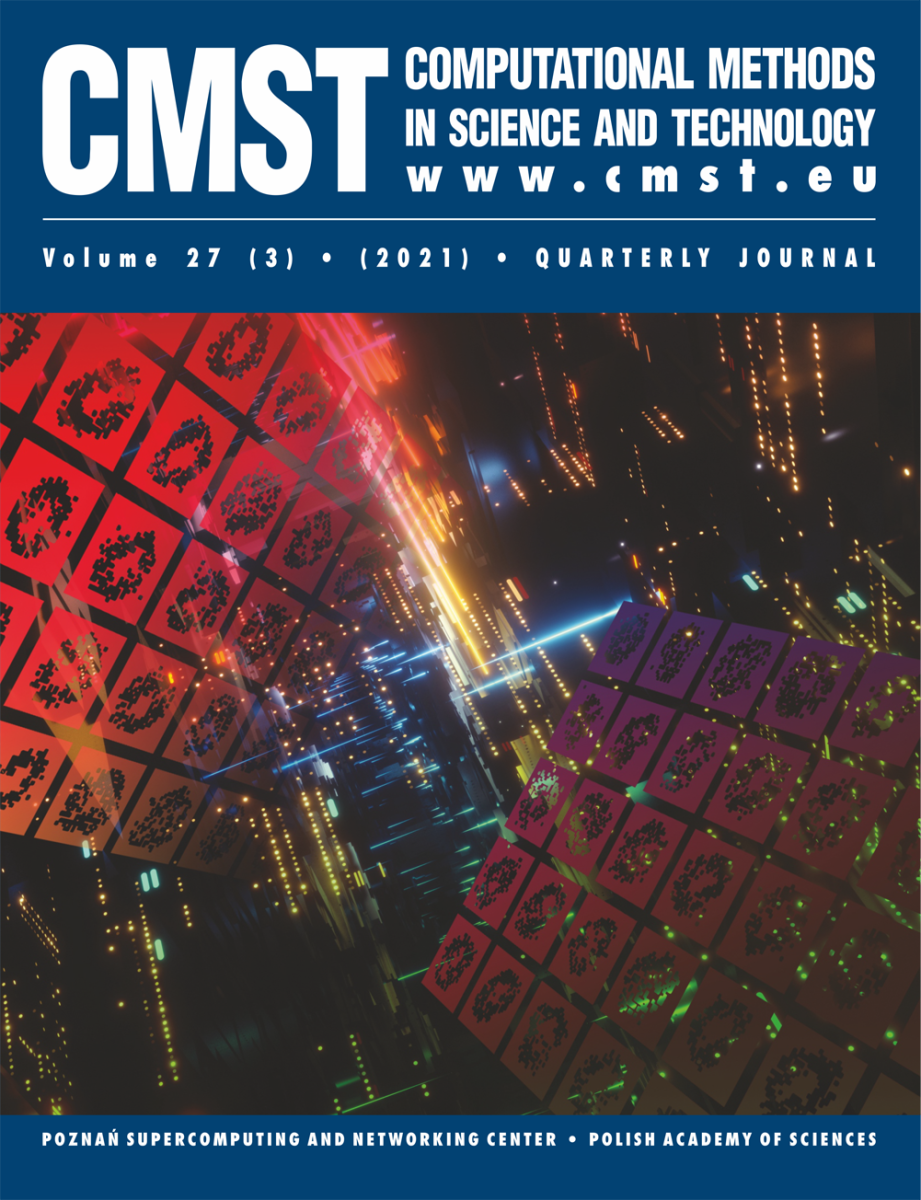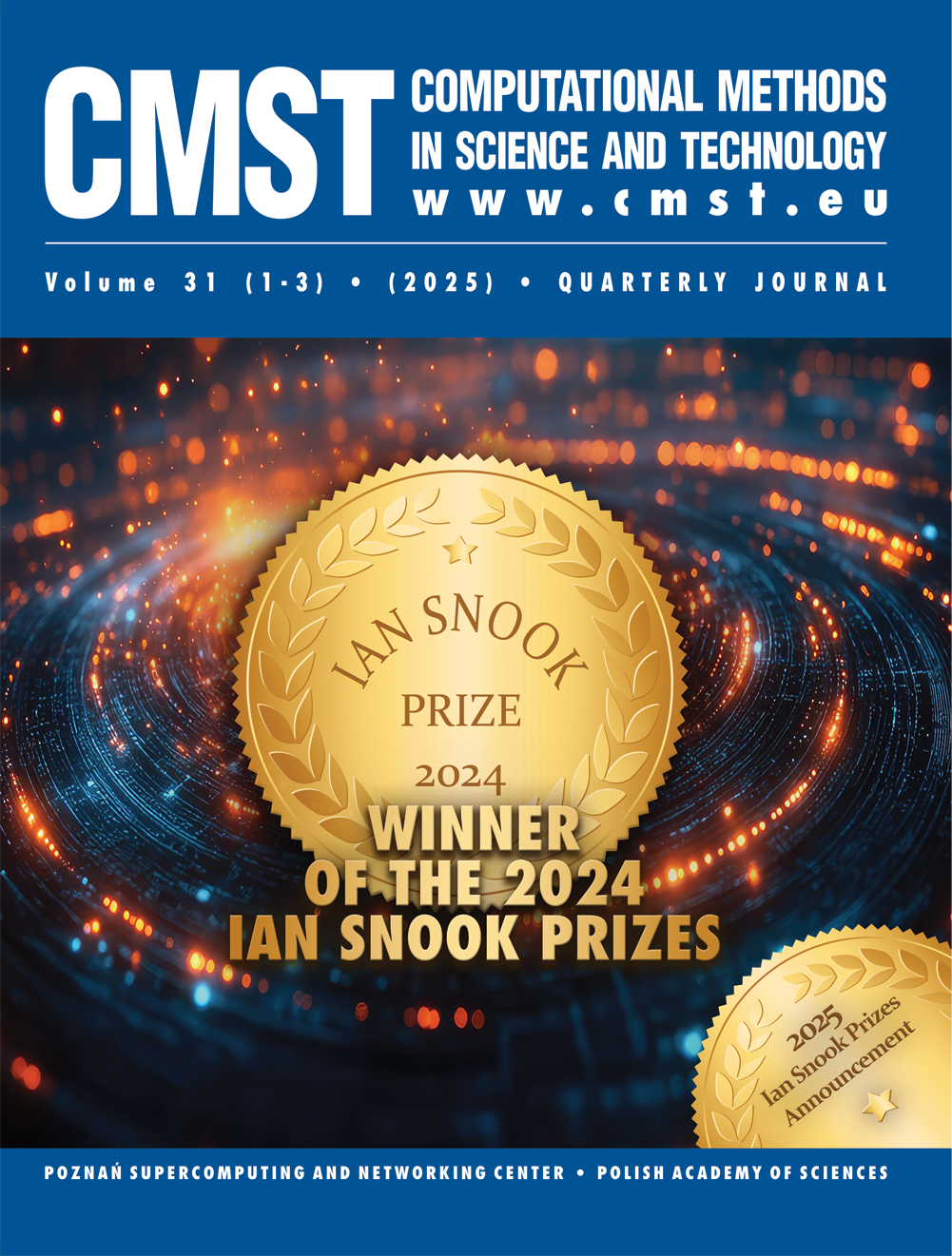3n + 3k Problem
Barina David 1*, Maat Willem C. 2
1 Brno University of Technology
Faculty of Information Technology
Bozetechova 2, 638 00 Brno
∗E-mail: ibarina@fit.vutbr.cz2 Independent researcher
E-mail: willem@ai-brain.net
Received:
Received: 21 March 2025; revised: 20 August 2025; accepted: 21 August 2025; published online: 13 September 2025
DOI: 10.12921/cmst.2025.0000007
Abstract:
The Collatz problem is generalized to the 3n + 3k case. It is shown that as long as the Collatz function iterates converge to the cycle passing through the number 1, the 3n + 3k sequence converges to the cycle passing through the number 3k for arbitrary positive integers n and k. The proof demonstrates that the sequence of 3n + 3k function iterates for a number 3kn corresponds exactly to the sequence of Collatz iterates for n multiplied by 3k .
Key words:
References:
[1] N. Boulkaboul, 3n + 3k: New perspective on Collatz conjecture (2022). arXiv:2212.00073.
[2] J.C. Lagarias, The set of rational cycles for the 3x+1 problem, Acta Arithmetica 56(1), 33–53 (1990).
[3] J.C. Lagarias, The 3x + 1 problem: An annotated bibliography (1963–1999) (sorted by author) (2003). arXiv:math/0309224.
[4] J.C. Lagarias, The 3x + 1 problem: An annotated bibliography, II (2000–2009) (2012). arXiv:math/0608208.
The Collatz problem is generalized to the 3n + 3k case. It is shown that as long as the Collatz function iterates converge to the cycle passing through the number 1, the 3n + 3k sequence converges to the cycle passing through the number 3k for arbitrary positive integers n and k. The proof demonstrates that the sequence of 3n + 3k function iterates for a number 3kn corresponds exactly to the sequence of Collatz iterates for n multiplied by 3k .
Key words:
References:
[1] N. Boulkaboul, 3n + 3k: New perspective on Collatz conjecture (2022). arXiv:2212.00073.
[2] J.C. Lagarias, The set of rational cycles for the 3x+1 problem, Acta Arithmetica 56(1), 33–53 (1990).
[3] J.C. Lagarias, The 3x + 1 problem: An annotated bibliography (1963–1999) (sorted by author) (2003). arXiv:math/0309224.
[4] J.C. Lagarias, The 3x + 1 problem: An annotated bibliography, II (2000–2009) (2012). arXiv:math/0608208.

